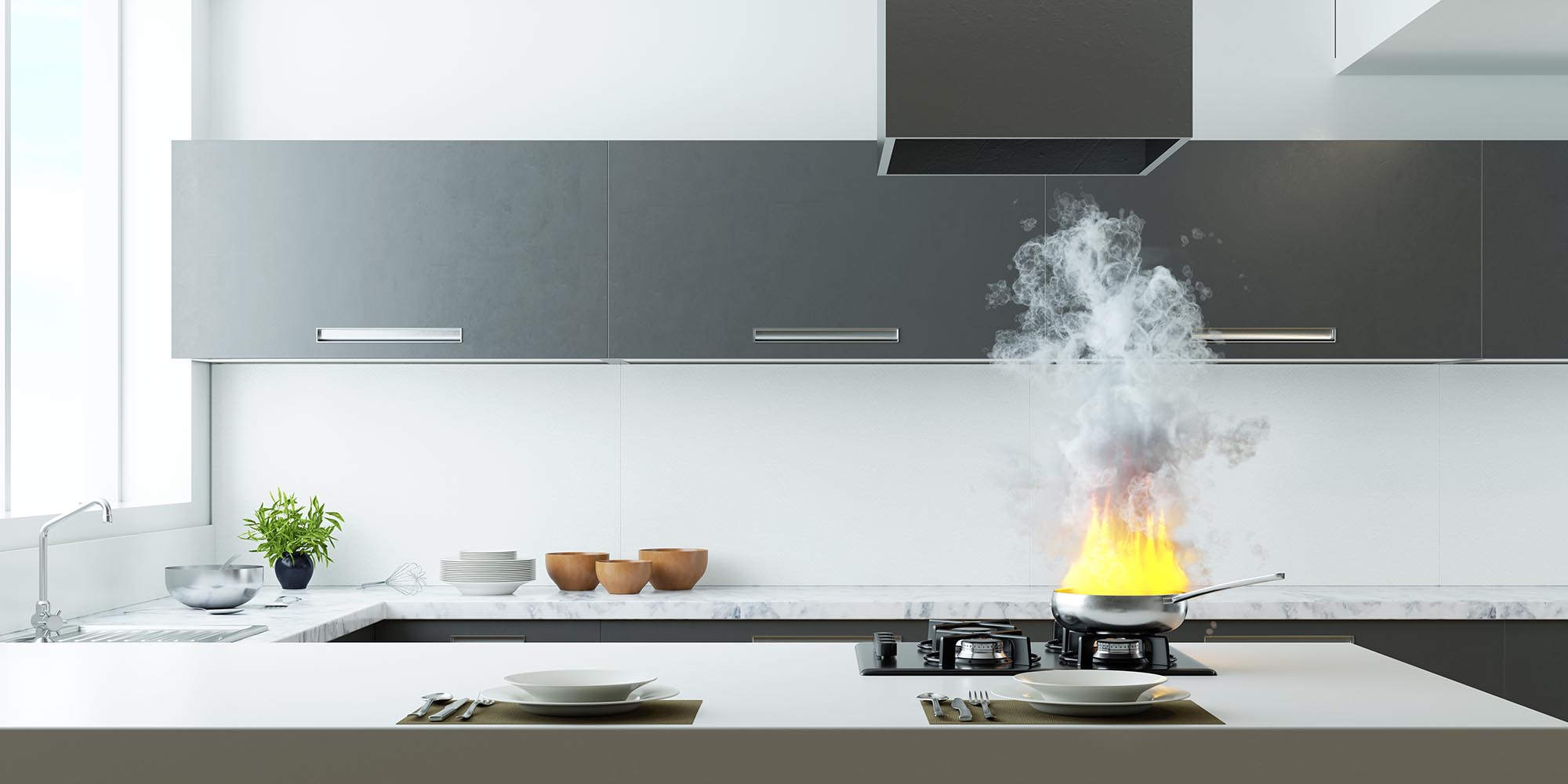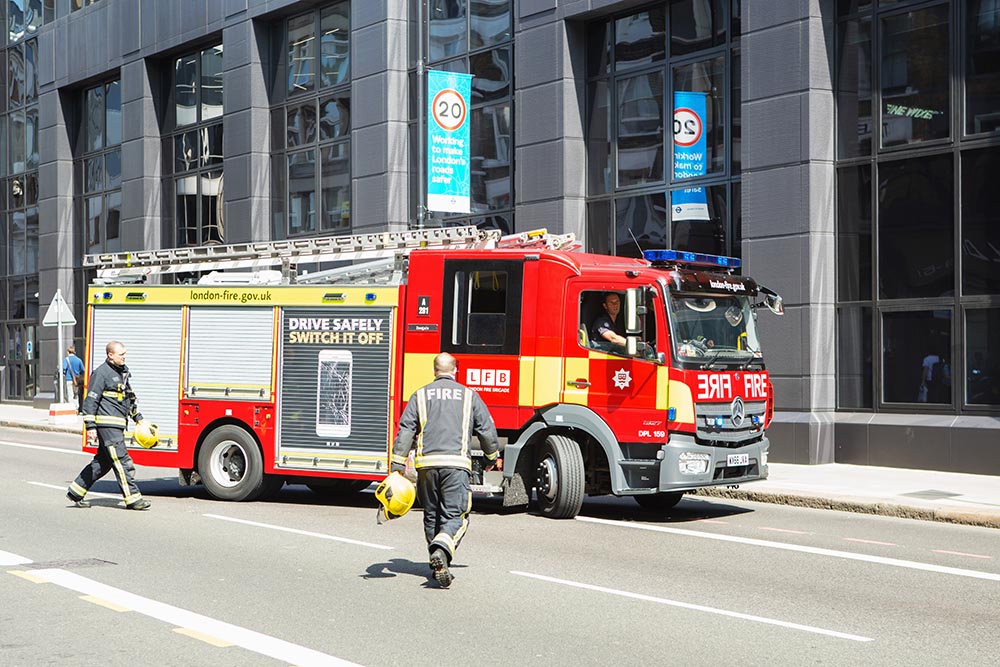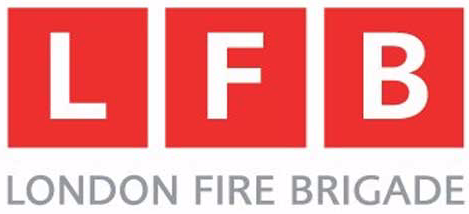Fire Safety In The Home - What You Need To Know

A fire can start in any room and the effects can be devastating. Taking simple precautions can prevent fires from happening and make you and anyone else in your home a lot safer.
Fit smoke alarms and test them regularly
- A fire can start anywhere in the home so working smoke alarms are essential as they provide vital early warning and allow extra time to escape. They may also alert neighbours to a possible fire if there is nobody at home.
- Fit smoke alarms in your lounge/living room, bedrooms, landings and hallways and fit a heat alarm in the kitchen and bathroom.
- It is important to ensure smoke alarms are fitted in the right place – do not fit a smoke alarm in the bathroom or kitchen as steam and heat can cause false alarms.
- Heat alarms detect the increase in temperature caused by a fire but will not be set off by cooking fumes.
- Always follow the manufacturer’s fitting instructions.
Home fire safety visits
London Fire Brigade (LFB) offers free home fire safety visits to all residents. Firefighters can provide fire safety advice suited to the individual’s needs and home and can fit smoke alarms. If required, they can fit specialist alarms for people with visual or hearing impairments.
Example rooms where there is a fire risk:
- Where electrical equipment is left switched on or on charge.
- Where people smoke.
- Where candles, incense sticks or naked flames are used.
- Where portable heaters are used.
Smoking safety
The best and safest option is not to smoke – it is harmful to your health and is the most common cause of fatal fires.
If you are not ready to quit, take these simple precautions to prevent a fire:
- Smoke outside and always make sure cigarettes and matches are put right out when you have finished using them.
- Never smoke in bed or anywhere you could fall asleep.
- Do not leave any type of lit cigarette or pipe unattended.
- Use proper ashtrays and never throw hot ash into the bin.
- Keep matches and lighters well out of the reach of children.
- If you have switched to vaping as an alternative, remember to follow the manufacturer’s instructions. Always use the correct charger and never use an e-cigarette if it is damaged.
Take extra care in the kitchen
- Never leave pans unattended when cooking.
- Don’t cook if you are tired, have been drinking alcohol or taking medication that might make you drowsy.
- If the pan does catch fire, don’t tackle the fire yourself or try to move the pan.
- Never throw water onto it as this can create a fireball. If you can do so safely – turn off the heat. Leave the room and close the door.
- Shout to warn others to get out, stay out and call 999.
Electrical appliances safety
- Never overload electrical sockets. If you have to use a fused in-line adaptor – know the limits.
- Don’t leave electronics on continuous charge.
- Keep electrical appliances clean and in good working order.
- Only leave essential appliances switched on such as the fridge or freezer. Turn all other electrical items off when not in use.
- Never charge items overnight while you are asleep.

Heater and candle safety
- Sit at least one metre away from heaters.
- Keep heaters well away from anything that can catch alight and never use them to dry clothes.
- Turn heaters off when they are not being used.
- Candles, tea lights and incense should only be placed in stable, heat resistant holders. Keep them away from materials that may catch fire such as curtains, furniture, papers and clothes.
Escaping from a fire in the home
- If any of your smoke alarms go off, follow your escape plan, get out and call 999. Shout ‘FIRE’ to warn others and don’t stop to pick up valuables.
- Check closed doors with the back of your hand.
- Don’t open the door if it’s warm, the fire may be on the other side.
- Smoke can kill, get down as low as possible where the air will be clearer. If your escape is blocked by fire it may be safer to stay put in a room with clean air until the fire brigade arrives.
- Close the door and use soft materials to block any gaps to stop the smoke entering.
- Call 999, go to a window, shout “HELP, FIRE” and wait to be rescued.
Follow this extra advice if you live in a purpose-built block of flats or maisonette
If your flat or maisonette is being affected by fire or smoke and your escape route is clear and it is safe to leave:
- Get everyone out, close the front door and walk calmly out of the building.
- Do not use the lift.
- Call 999, give your address, the number of your flat and state which floor the fire is on.
If there is a fire or smoke inside your flat or maisonette and your escape route is NOT clear:
- It may be safer to stay in your flat or maisonette until the fire brigade arrives.
- Find a safe room, close the door and use soft materials to block any gaps to stop the smoke. Go to a window shout “HELP, FIRE” and call 999. Be ready to describe where you are and the quickest way to reach you.
- Walls, floors and doors are designed to provide between 30 to 60 minutes of protection from fire.
- If there is a fire in another part of the building you are usually safer staying put and calling 999. Tell the fire brigade where you are and the best way to reach you.



